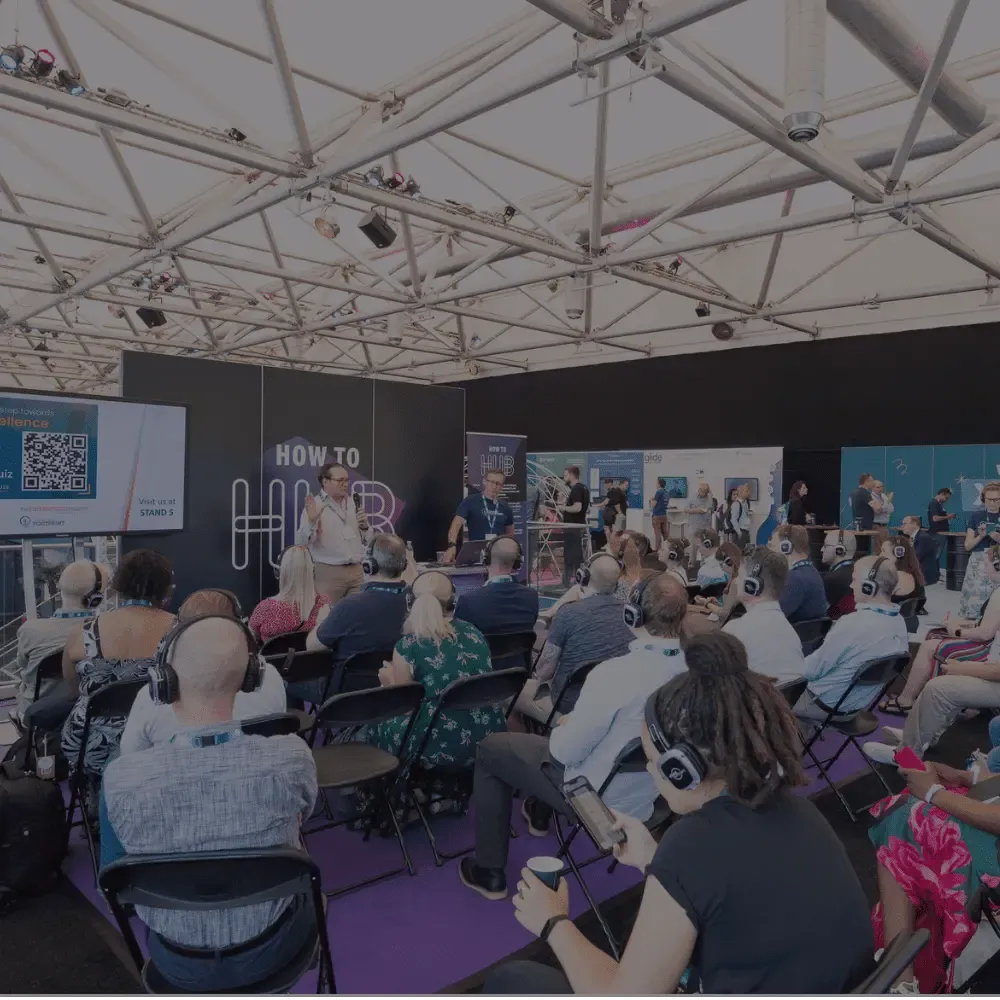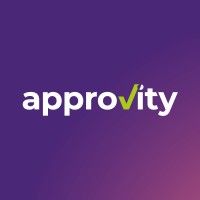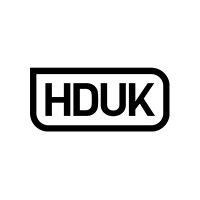
HERE’S WHAT HAPPENED AT DAS25
In April 2025, over 5,000 accountants, bookkeepers, and finance professionals came together for the Digital Accountancy Show, a two-day experience like no other.
Attendees explored emerging tech, connected with innovative vendors, and took part in 90+ sessions packed with practical insights and future-focused strategies.
Across both days, the event delivered powerful education, real conversations, and peer-to-peer networking that moved firms forward on their digital journey.
WHAT OUR ATTENDEES SAID:
An immersive technology
conference for accountants & finance professionals like no other
Discover new apps & tech
Meet with the latest innovators in digital accounting technology and reconnect with existing providers to learn about their latest updates
Collaborate with your peers
Learn from other accountants & bookkeepers about their digital journeys and what’s worked for them
Industry-leading insights
Leave inspired with practical insights you can take back to your firm from experts in their field
Improve efficiencies
Combine the latest apps with relevant insights to help improve efficiencies for both you and your clients
Didn’t make it ... or want to relive it?

Pre-register now for DAS26 to be first in line, or get access to 80+ session recordings from DAS25, featuring real stories, practical tools, and fresh ideas from firm owners, tech founders, and forward-thinking accountants.

Pre-register for DAS26
FREE
For accountants and bookkeepers who work in practice.
- Entry to the conference and exhibition
- Entry to the Digital Accountancy Night Show
Recordings of all talks (84+ sessions to view on-demand)Access to knowledge-share roundtables
*Sorry, we don't allow students.
We have partnered with the leading innovative apps & providers for accountants












)

)
)
)
)
)
)
)


)


)
)
)
)
)
)
)
)
)
)
)
)
)
)
)
)
)
)

)
)
)
)
)
)
)
)
)
)
)
)
)
)
)
)
)
)
)
)
)

)
)
)
)

)

)
)
)
)

)
)
)
)
)

)
)
)
)
)
)
)
)
)
)
)
)
)
)
)

)
)
)
)
)
)
)
)
)
)
)
)
)
)
)
)
)

)

)
)

)
)
)
)
)
)
)
)
)
)
)
)
)
)
)
)
)
)
)
)
)


)
)
)